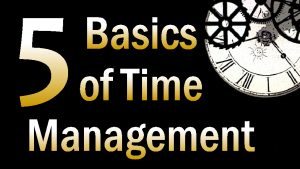I look forward to Mondays. I know that may seem strange and contrary to popular opinion, but I really do love Mondays. Don’t get me wrong. I enjoy spending weekends with my family, relaxing and having fun. But at the same time, I often find myself planning my week, thinking up work ideas and gaining excitement to get back to work on Monday.
Why? Well here are a few reasons. Who knows. Maybe, by the end of this, I will convince you to love Mondays too.
1. Mondays are Productive
Mondays are often when I am at my peak creatively. Having rested and enjoyed the weekend, my mind is refreshed, recharged and full of ideas. My mind can’t wait to get started with work. As a result, I get a lot of work done on Mondays, and these tasks end up being of exceptionally high quality. So that is the first reason that I look forward to Mondays. By spending the weekend, resting and recharging, I am recharged and ready to do my best on Monday morning.
2. It sets the tone for the rest of the week
Getting into a state of flow can be tricky, but once you are in it, you can get a lot done in record time. That state of flow can then continue to flow into the next day and the day after. When people begrudgingly start work on Monday in a state of anger, it may take a few days to get into a state of flow. They may only enter this state by Wednesday or Thursday and as a result half the week is lost, every single week. That’s half the year wasting being in the wrong state of mind.
But if someone starts their Monday with excitement and enthusiasm, they can enter a state of flow on Monday. This can then flow throughout the entire week, causing them to be productive every single day until the weekend. Setting the tone for the rest of the week begins with getting high-quality work done on Monday. Do that, and the rest of the week will build upon it.
3. I am grateful for having sources of income
I am grateful that my Creator has blessed me with multiple streams of income. As an expression of that gratitude, I approach my work-week with excitement, love, and happiness. I am happy to work because I appreciate having work to do. I love Mondays because a busy Monday means I am generating income. And I am excited at the possibilities that the week can bring if I begin it in a state of happiness, love, excitement, and gratitude.
4. I love my work
I enjoy the work I do. I love teaching, writing, coaching, counseling and managing people. Every source of income that I have is based on something I genuinely enjoy doing. As a result, I look forward to work, and I am excited to get started every Monday. This makes all the difference in the world. When you love your work, you look forward to work-days. This, in turn, produces high-quality work and opens the doors to even better opportunities. When you find work that you love, you have to love Mondays because you spend it doing something you love.
Conclusion
These are four of the many reasons why I love Mondays. Mondays are productive. They set the tone for the rest of the week. I am grateful to have work to do, and I love my work. These reasons are enough to look forward to Mondays.
If you look forward to Mondays too, post a comment explaining why. If you don’t, I hope this article will inspire you to find a reason to love it.
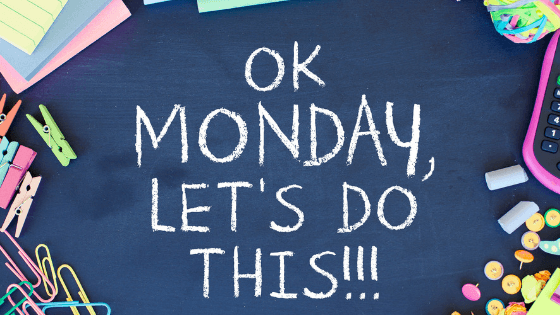
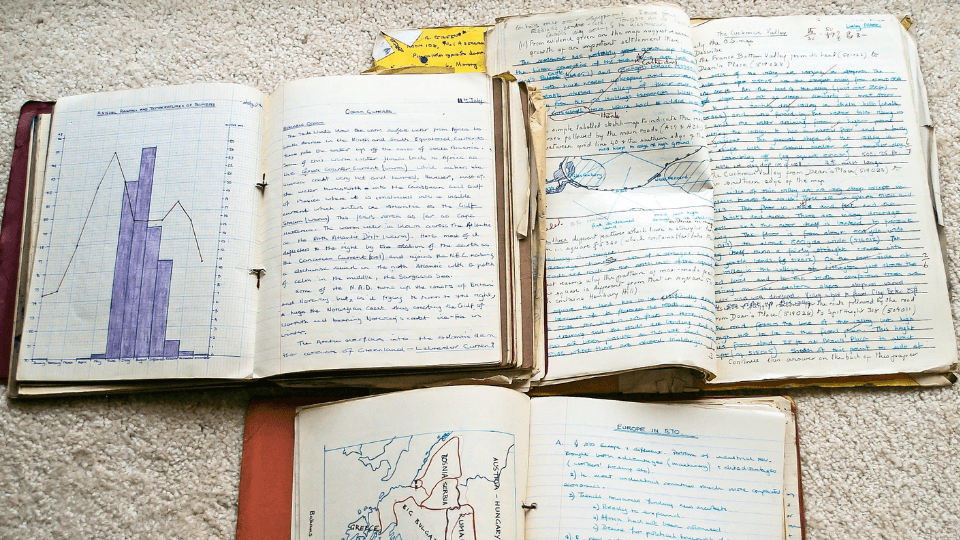
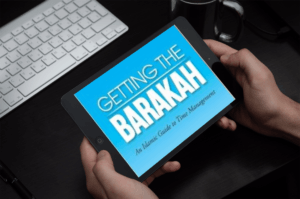
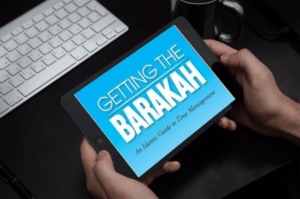
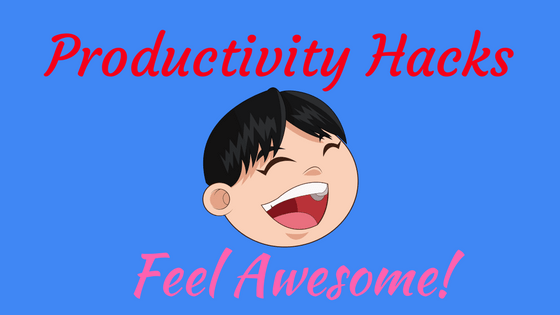 4 Productivity Hacks to make you feel awesome
4 Productivity Hacks to make you feel awesome